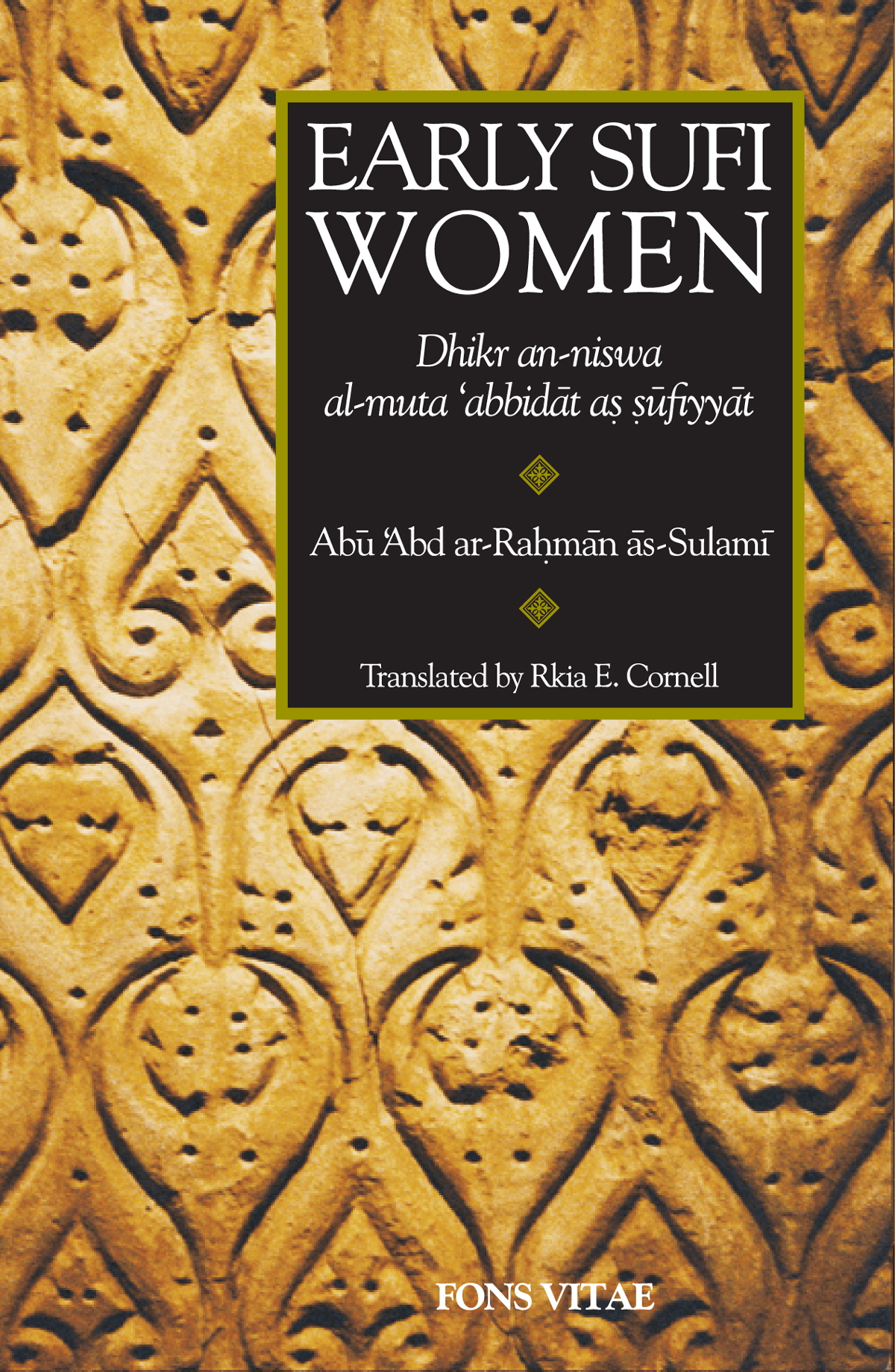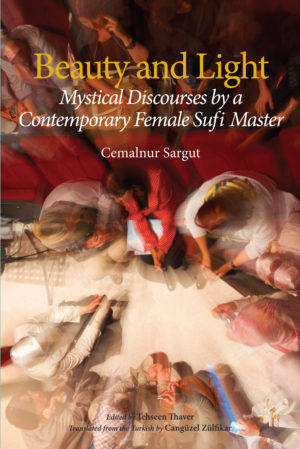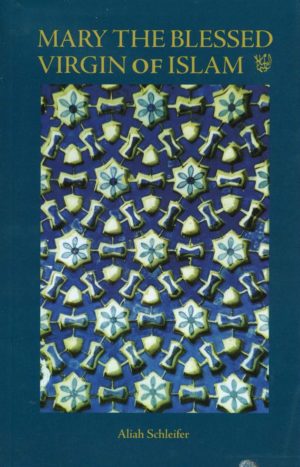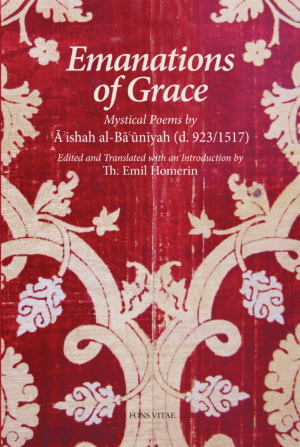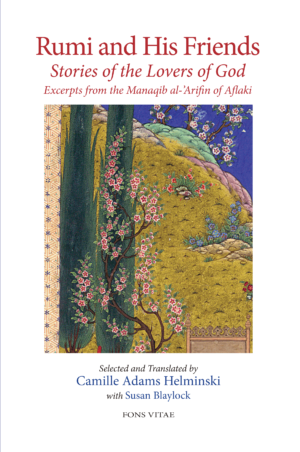As spiritual masters and exemplars of Islamic piety, they served as respected teachers and guides in the same way as did Muslim men, often surpassing men in their understanding of Sufi doctrine, the Qur’an, and Islamic spirituality. Whether they were scholars, poets, founders of Sufi schools, or individual mystics and ascetics, they embodied a wisdom that could not be hidden.
This important addition to the growing body of literature examining the historical presence of women in Islam is the first translation into English of a rare study of eighty-two Sufi women by the tenth-century Iranian scholar as-Sulami. The author was known primarily for his studies on Sufi chivalry and the malamitiyya (the Sufi order following “the way of blame,” of which his father was a member), as well as a biographical compendium of the lives of one hundred Sufi men.
Originally believed to be an appendix to that work, these brief life-stories of Sufi women are now thought to form an independent work, one which scholars long feared lost–with only references in other sources–until a manuscript was found in a university library in Riyadh, Saudi Arabia in 1991. An Arabic edition was published in 1993.
This edition contains the original Arabic as well as Rkia Elaroui Cornell’s translation, along with her extensive footnotes and introduction, which put the work into the context of as-Sulami’s life and times and Sufism in general. Cornell has included as an appendix her translation of a similar study of Sufi women, written some two hundred years later by Ibn al-Jawzi.
Amazon customer review:
“Where are the great women?? Where are they? Why aren’t we like them? This ancient text leaves you with those questions, and has you drilling your heart over this final thought…When will I become like them?
The introduction gives insight to the ancient text that was recorded by As-Sulami Rahimullah. The life of him, and the basic organization of his text Dhikr an niswa al muta ‘abbidat as sufiyyat. The introduction is very useful to those who read english translated Sufi texts, because you must be trained formally and spiritually how to read a Sufi book. Why? Just because the book is old, translated into English and available does not make it a good rendering to the actual work itself.
Regarding the format of the book, it is in a biography style, with the Arabic text facing the English. The name of the women, her Kunya, or her name she was known by. Then the narration begins with the Isnad of how As-Sulami heard of the particular woman.
You are left with nothing but awe, love and want of the divine and at least left begging Allah for their qualities. these women were true devotees, they spent their time working hard for their akhira, and taking little from the dunya. May Allah give us all a glimpse of what these women had, for they had it (mar’ifa) at every waking moment!”
